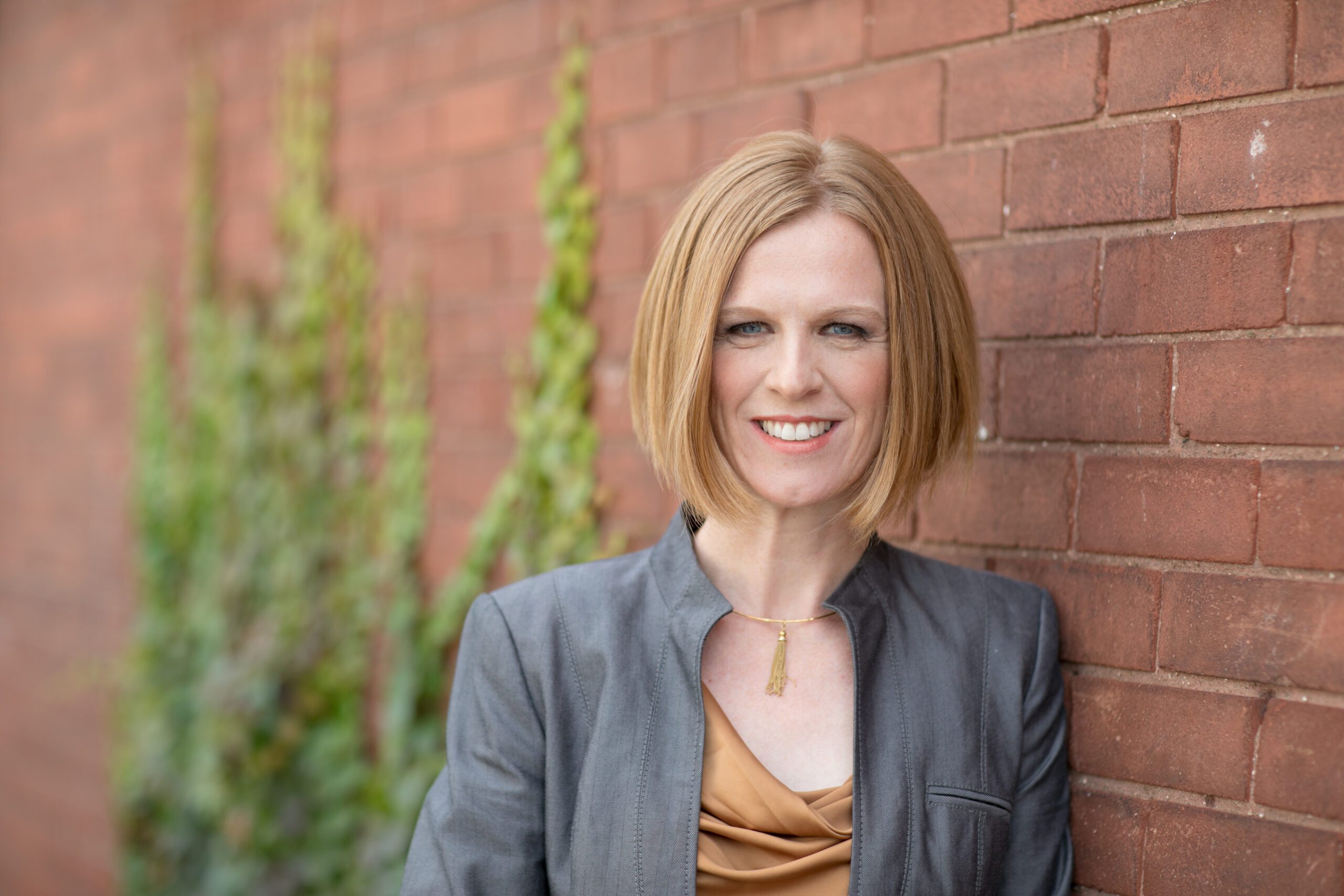Anyone who’s hosted a Thanksgiving feast understands that it requires a PhD in culinary arts and family mediation to actually pull it off. There’s negotiating the event’s date and time with relatives, divvying up the who-brings-what and then two full days of shopping, cleaning, cooking and setting the table.
With so many moving parts, people and “Where can I find your whisk?” questions, Thanksgiving dinner can feel more like an air traffic control room than an occasion for gratitude. Asked in the moment, you might say you feel grateful for the food, the helping hands, the company, even the chaos of kids running through the kitchen while you’re trying to simmer the gravy. But that deeper gratitude — for Creation, for familial love, for the very gift of life itself — can be difficult to conjure with the stove timer dinging and the dirty pots piling up.
But I’ve begun to consider that regardless of how I’m feeling on Thanksgiving Day, the very act of preparing and enjoying a feast is an expression of gratitude in and of itself. I’m thankful for the fruits of the Earth, so I cook its bounty to the best of my ability. I’m grateful for love, so I welcome family and friends to my table. I appreciate life, so I take the time to savour it.
In her recent book, Grateful: The Transformative Power of Giving Thanks, author Diana Butler Bass takes this idea further, arguing that the communal feast — and the gratitude it inspires among hosts and guests alike — is a powerful way to resist society’s age-old obsession with entitlement, privilege and superiority.
In the ancient Roman world, Butler Bass explains, the emperor bestowed gifts, and his subjects displayed their gratitude in the form of taxes, loyalty and favours. The givers were always at the top, and the recipients forever indebted at the bottom. This is the society in which Jesus launched his ministry. And it’s the reason his words to Zacchaeus were so radical.
Zacchaeus, you may recall, climbed a tree so he could see Jesus above the crowds. He was a short man but also a chief tax collector — an enabler of the Roman Empire and a climber in more than the physical sense of the term. When Jesus called him down from the tree, he also announced that he was coming to Zacchaeus’s house for dinner.
In one deft move, Jesus used the symbolism of a meal to counter the Romans’ “now you owe me” paradigm with an alternative vision, one where givers give freely and where recipients express their thanks simply by living gratefully. As Butler Bass describes it, Jesus said, “Come down from that tree and sit at a table where all people are hosts and guests, givers and receivers together.”
Whether it’s a Thanksgiving feast or a cup of soup, any meal offered or accepted in that same spirit of communion promotes the kind of gratitude that calls us “to feed one another,” Butler Bass writes. “To feast, to dance in the streets. To know and celebrate abundance.”
Breaking bread together matters. As Alanna Mitchell’s sumptuous cover story about the revival of community dinners reveals, the feast is both an act of gratitude and a response to it. The people who co-ordinate, cook and attend these dinners represent the best instincts of humanity — and the best hope for us all. For them, I am thankful.















